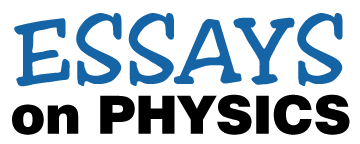Modern science got its start around 1600, when curious men began to ask answerable questions about nature—to seek relationships rather than final causes, and to test ideas against experiment rather than just against logic. Francis Bacon was one of the first to see how one could and should proceed to learn about nature. Yet Bacon, and after him Descartes, went too far in their speculation and foresaw an all-embracing power of a scientific method that could act as a kind of recipe for scientific discovery. Their vision never came to fruition. It is true that there have been important elements of method in science—the experimental method for example, and the mathematical method. Yet at the key points of important new scientific discoveries, chance, intuition, insight, and trial and error have been more evident than any well-defined scientific method.
The trouble is that if one does not know where one is going, one does not know how to get there. Scientific progress is the advance into the unknown, and so far no reliable recipes for the best way to make that advance have been found. Probing into the unknown, the scientist is as much on his or her own as is a composer before a blank page or an artist facing an empty canvas. Science, like mankind’s other achievements, has emerged from the triumph of individual genius over human frailty. The approaches of successful scientists have varied as much as human personalities vary.
It is not only in “creative writing” and the “creative arts” that human creativity can blossom.
